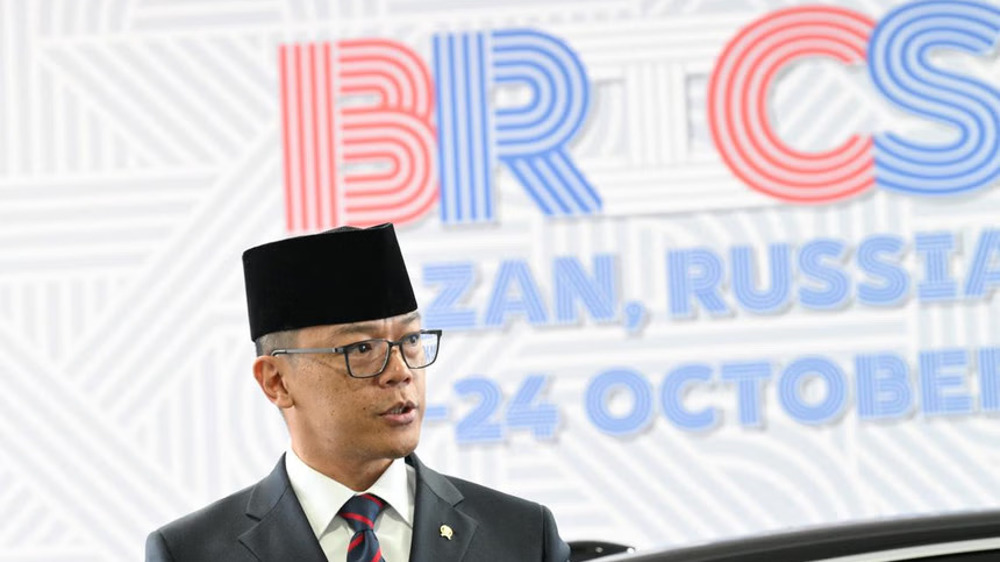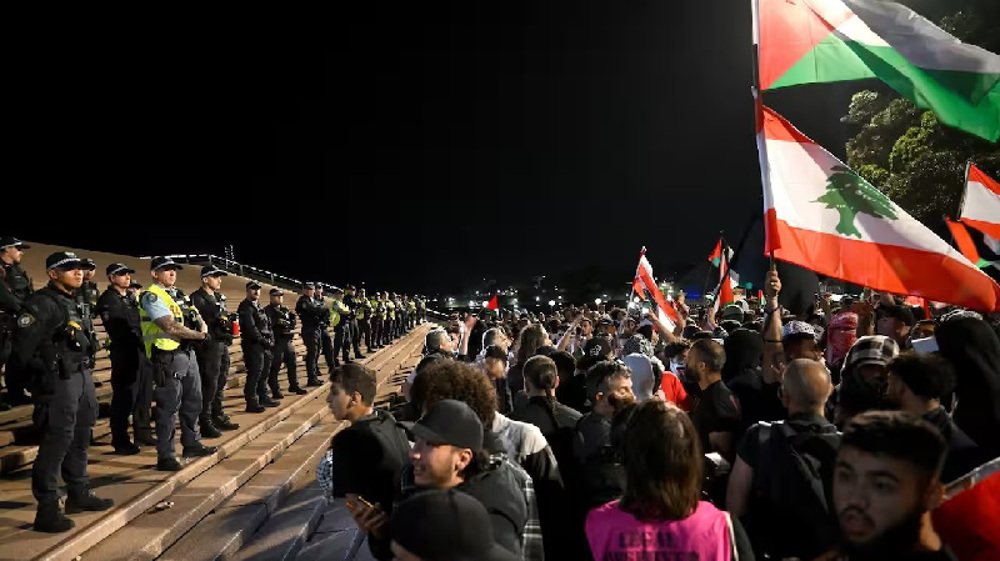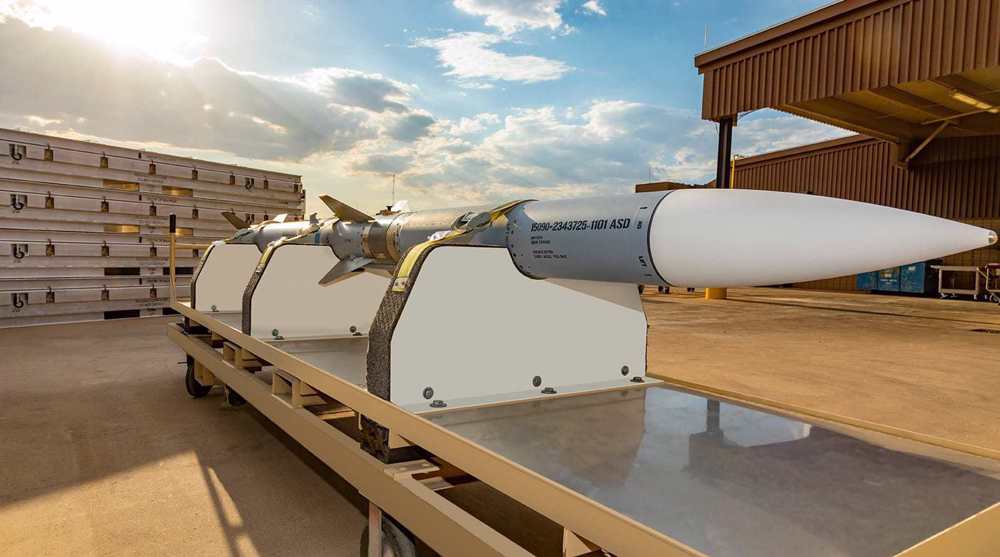Myanmar frees 113 political prisoners, jails two Muslim activists
Myanmar’s de facto leader Aung San Suu Kyi has issued an amnesty order for the release of 113 political prisoners, amid the sentencing of two Muslim peace activists to jail terms.
Suu Kyi issued the amnesty order as her first official act following her rise to power as de facto leader after her party won a landslide victory in elections last November, state-run newspaper Global New Light of Myanmar reported on Saturday, citing police authorities.
The release of the prisoners across the country came along with a general amnesty for common convicts ahead of the country’s traditional New Year festival, often the occasion for freeing prisoners.
The amnesty order on Friday, however, coincided with the sentencing two Muslim peace activists to two years in prison each, with hard labor for alleged activities that allegedly brought them into contact with an anti-government ethnic group, AP reported.

A court in the central city of Mandalay sentenced Zaw Zaw Latt and Pwint Phyu Latt under a law barring associating with an unlawful organization for their contacts with the Kachin Independence Army, a militant group in Myanmar’s far north.
Both had already been sentenced in February to 2-year jail terms for alleged immigration law violations. They are members of an interfaith religious organization, and have said that they were making efforts to keep refugees from fighting.
The case of the two Muslims was generally overlooked in the euphoria over the release of prisoners, especially more than 60 students and activists in central Myanmar who had been held captive for a year pending trial after being detained for protesting against changes in education policy.
Muslims are a religious minority in Myanmar; Rohingya Muslims have faced pressure and harsh violence in recent years in the overwhelmingly Buddhist country. Myanmar’s government refuses to recognize Rohingya Muslims as citizens and labels them as “illegal” immigrants.

Rohingya Muslims have been denied Myanmar citizenship since a new citizenship law was enacted in 1982, and there have been a number of attacks against Rohingyas over the past years.
Suu Kyi, who holds the specially-created post of “state counselor,” announced in a Thursday statement that the release of political prisoners was a priority.
She is effectively the head of the government. The military-era constitution does not allow her to be president because her two sons have British citizenship. Shortly before her election victory, she had declared her intention to run the government by being “above the president.”
Jan. 15: ‘Axis of Resistance’ operations against Israeli occupation
VIDEO | US fires: Criticism mounts over govt. failure to respond
VIDEO | Fears, hope in Gaza amid intensified ceasefire efforts
VIDEO | Press TV's news headlines
Hamas: Ceasefire agreement result of steadfastness, resistance in Gaza over 15 months
Hamas thanks Iran, Resistance Front following achievement of ceasefire in Gaza
'Capitulation': Israeli officials and media concede Gaza defeat as truce unfolds
'Gaza has won': Social media users react to ceasefire with mix of relief, joy














 This makes it easy to access the Press TV website
This makes it easy to access the Press TV website